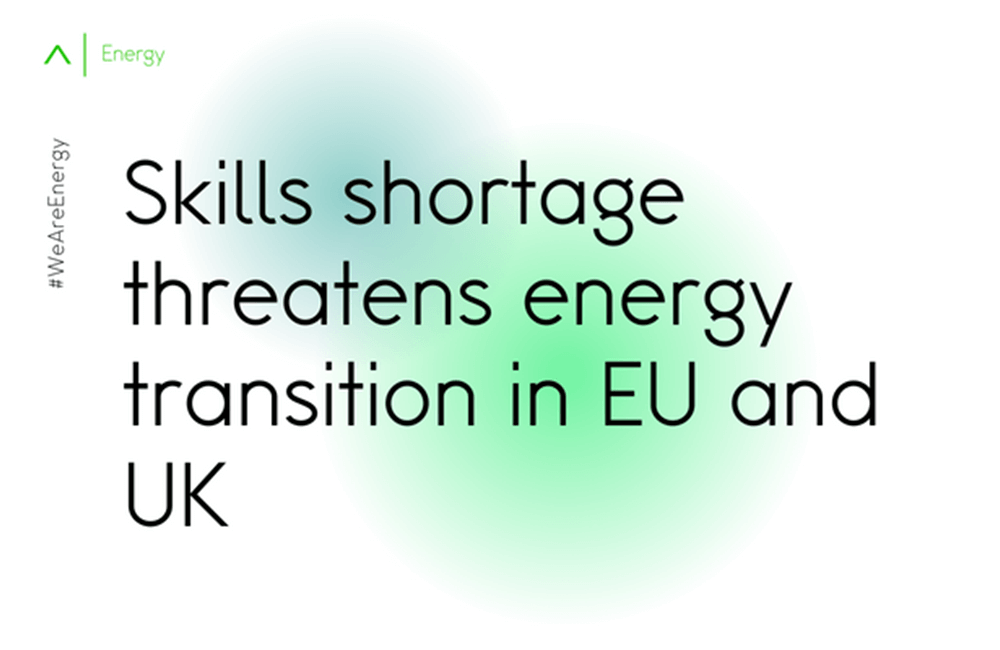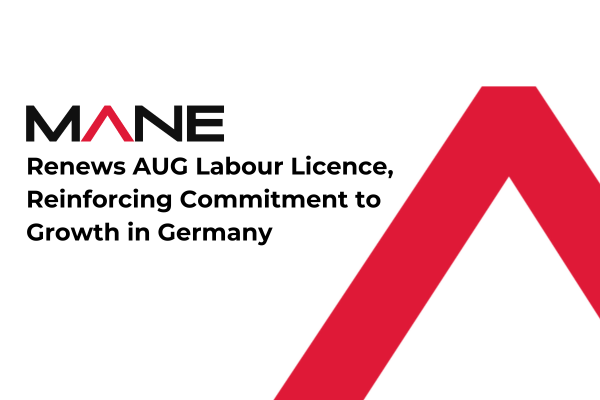Skills shortage threatens energy transition in EU and UK
06 Dec, 202210 minsThe ongoing talent drought is threatening to derail the green energy transition in both Euro...

The ongoing talent drought is threatening to derail the green energy transition in both Europe and the UK. Offshore wind, oil and gas are suffering talent shortages across electrical, instrument and mechanical engineering skills, while one enormous talent pool remains largely untapped: women.
Offshore Energies UK’s (OEUK) annual workforce insight report has revealed that numbers of offshore workers have been declining since 2010 and took a significant hit from the pandemic in 2020. Yet demand is increasing. 97% of survey respondents said attracting appropriate skills was an “uphill struggle”.
It’s the worst possible timing, with the UK battling to secure its domestic oil and gas supplies while pushing forward with the green transition. The mass retirement of boomers, taking a lifetime of knowledge and experience with them, has exacerbated the problem.
OEUK said the picture had worsened significantly since 2019, when only a handful of companies were struggling. Now 85% of companies that employ craft workers are having trouble recruiting them, 81% are struggling to recruit in drilling, and 80% in design engineering.
The survey highlighted reservoir, mechanical and electrical engineers, electricians, and supply-chain managers as being particularly hard to find, with environmental, process, instrument and mechanical engineers in short supply for 18% of companies.
On the upside, there are signs of growth, with offshore oil and gas supporting 200,800 jobs in the UK last year, an increase of over 22,000 on 2020. Direct and indirect employment (with indirect jobs being those further down the supply chain) is also up by nearly 5,000, and the gender pay gap has shrunk by 3% since 2018.
But this growth may not last. Although the worldwide offshore workforce has recovered by 12% since the end of the pandemic, the overall workforce has shrunk by 5%, threatening to dry up the supply of talent. And with the North Sea windfall tax soon to reach a headline rate of 75%, the extra cost could reduce investment in skills.
Oil and gas in particular have been struggling with talent shortages thanks to an aging workforce and ongoing issues with appealing to young people and women.
However, industry initiatives like graduate schemes and the “upstream technician training scheme” have brought an influx of young workers over the past few years, and a recent Oil & Gas UK report found that the average age of offshore workers is 41–bang on the norm for any workforce between age 20 and 60.
Cross-skilling offers another potential solution, with companies like facilities solutions provider Petrofac providing training programmes to entice recruits with transferable skills from other industries.
Katy Heidenreich, supply chain and people director for OEUK, called on governments to take urgent action to support the sector in recruiting and retaining talent. Otherwise, she warned, the talent drought might “spell a premature end for the UK’s clean energy ambitions”.


